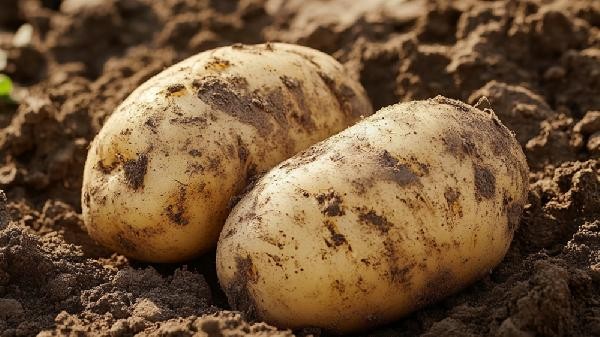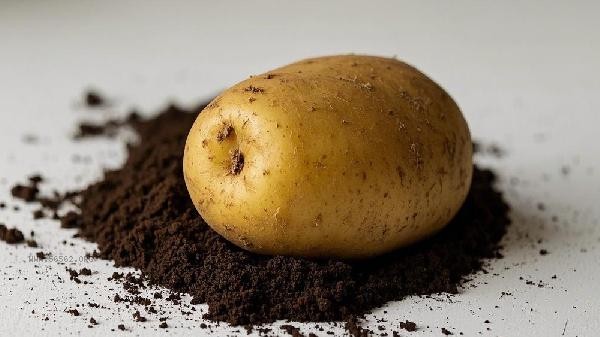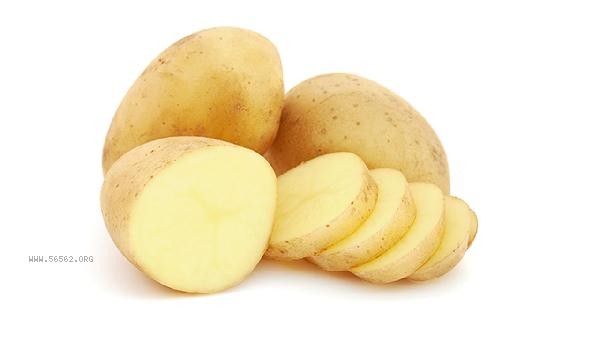Preventing potato sprouting can be achieved by storing in the dark, controlling temperature and humidity, avoiding damage, isolating ripening fruits, and conducting regular inspections. Potato germination is closely related to factors such as light, temperature, humidity, mechanical damage, and ethylene contact.

1. Avoid light storage
Potato germination requires light to activate auxin at the bud eye. It is recommended to use black plastic bags or opaque containers for sealed storage. Cellars or cool storage cabinets are ideal places, avoiding direct sunlight can significantly delay germination speed. Ensure that the container is dry and clean before storage to prevent mold growth.
2. Control temperature and humidity
Maintaining the ambient temperature at 4-8 degrees Celsius can effectively suppress germination, and the lower drawer of the refrigerator compartment is more suitable for storing in small quantities. The humidity should be maintained between 60% and 70%. If it is too dry, potatoes will lose water and shrink, and if the humidity is too high, it can easily cause decay. Moisture absorbing paper or sawdust can be placed to adjust humidity.
3. Avoid damage
Potatoes with damaged skin can accelerate respiration and promote germination. They should be handled gently during harvesting and transportation. Remove individuals with mechanical injuries before storage, and prioritize consuming potatoes with scratches on the surface. Complete epidermis can block oxygen from entering and reduce the metabolic activity of tubers.

4. Isolate ripening fruits
Ethylene gas released from fruits such as apples and bananas can stimulate potato germination, so they should be stored separately at a distance of at least 2 meters. Potatoes can be placed separately in a grid box to maintain ventilation while avoiding gas contact. Potatoes and ethylene fruits should not be mixed in the kitchen fruit and vegetable basket.
5. Regular inspection
Check the stored potatoes every week and promptly remove any sprouted or soft rot individuals. Potatoes with slight germination need to be deeply dug into the bud holes and surrounding tissues before consumption. If the germination exceeds 3 millimeters, it is recommended to discard the whole potato. Pay attention to whether there are mold spots or odors during inspection, as spoiled potatoes can contaminate the entire batch of inventory. In addition to the above methods, it can be attempted to store potatoes in layers with natural anti sprouting plants such as mint leaves and rosemary. Short term storage can be washed, dried, vacuum packed, and frozen, but the taste may slightly change. When purchasing, choose fresh potatoes with thick skin and sunken bud holes. The inventory in spring and winter should not exceed two weeks of use. If a large-scale sprouting phenomenon is found, the storage container needs to be thoroughly cleaned and the cushioning material needs to be replaced.










Comments (0)
Leave a Comment
No comments yet
Be the first to share your thoughts!